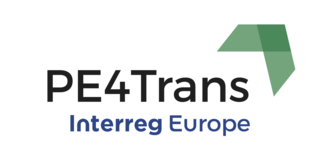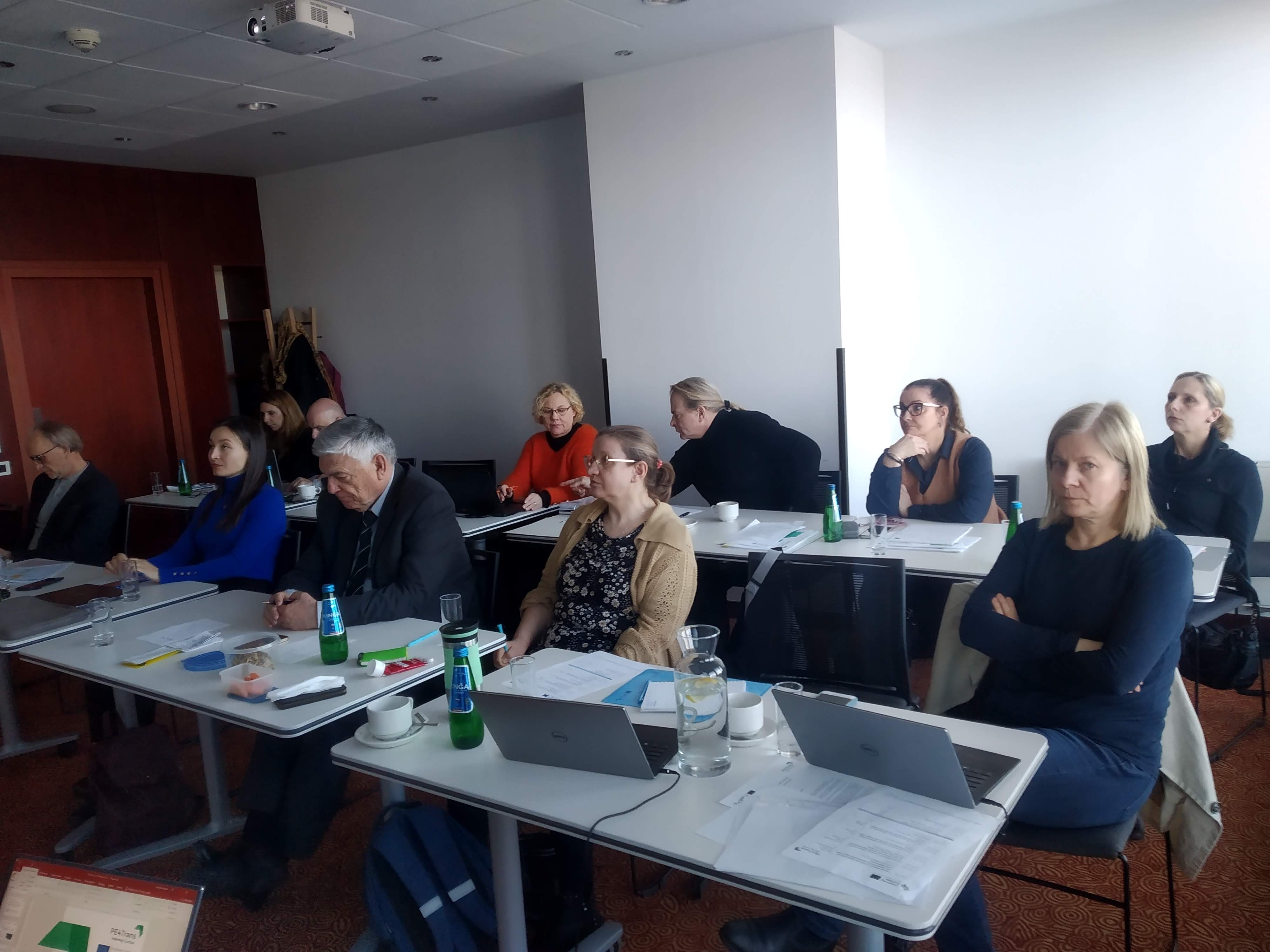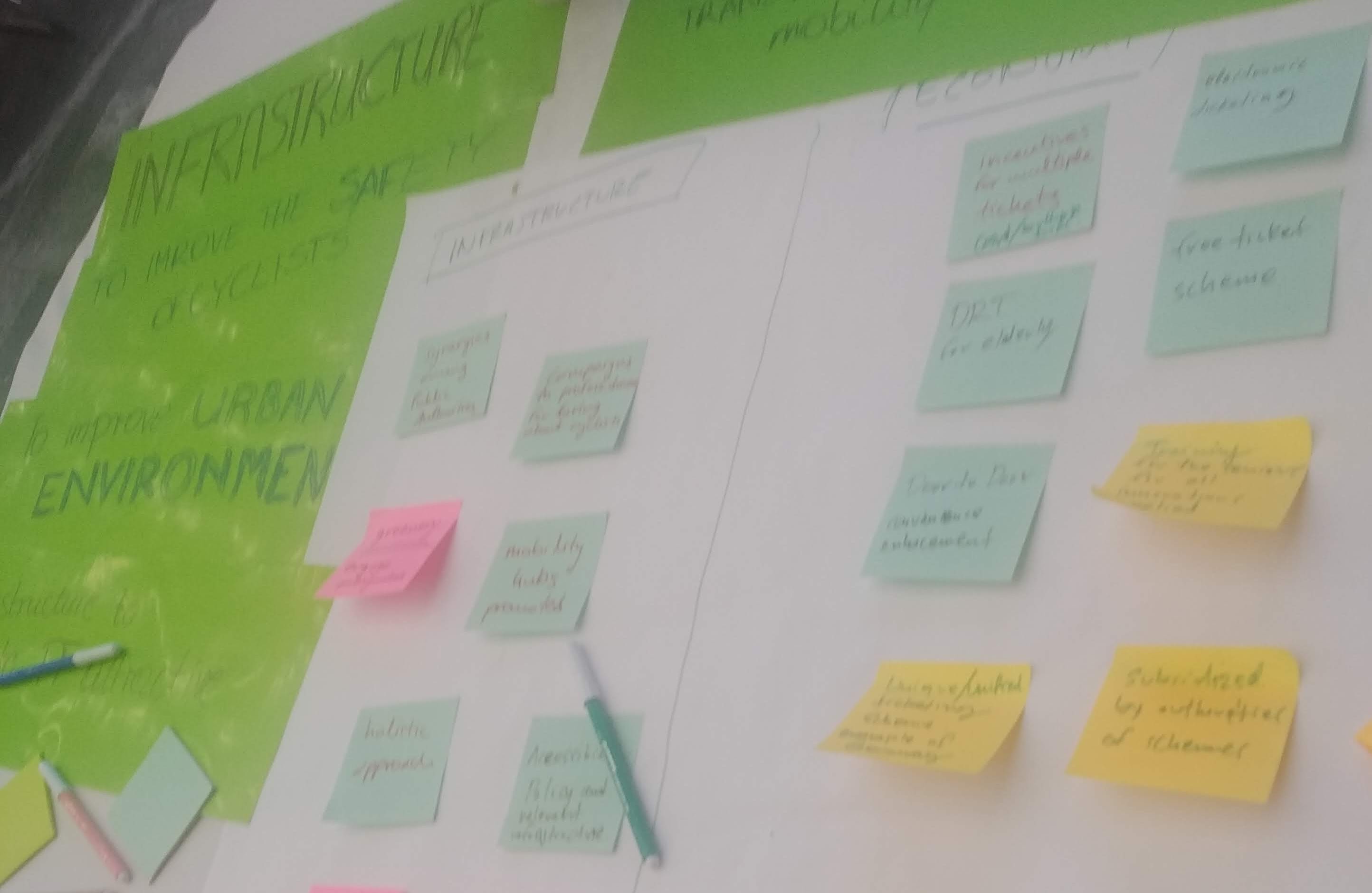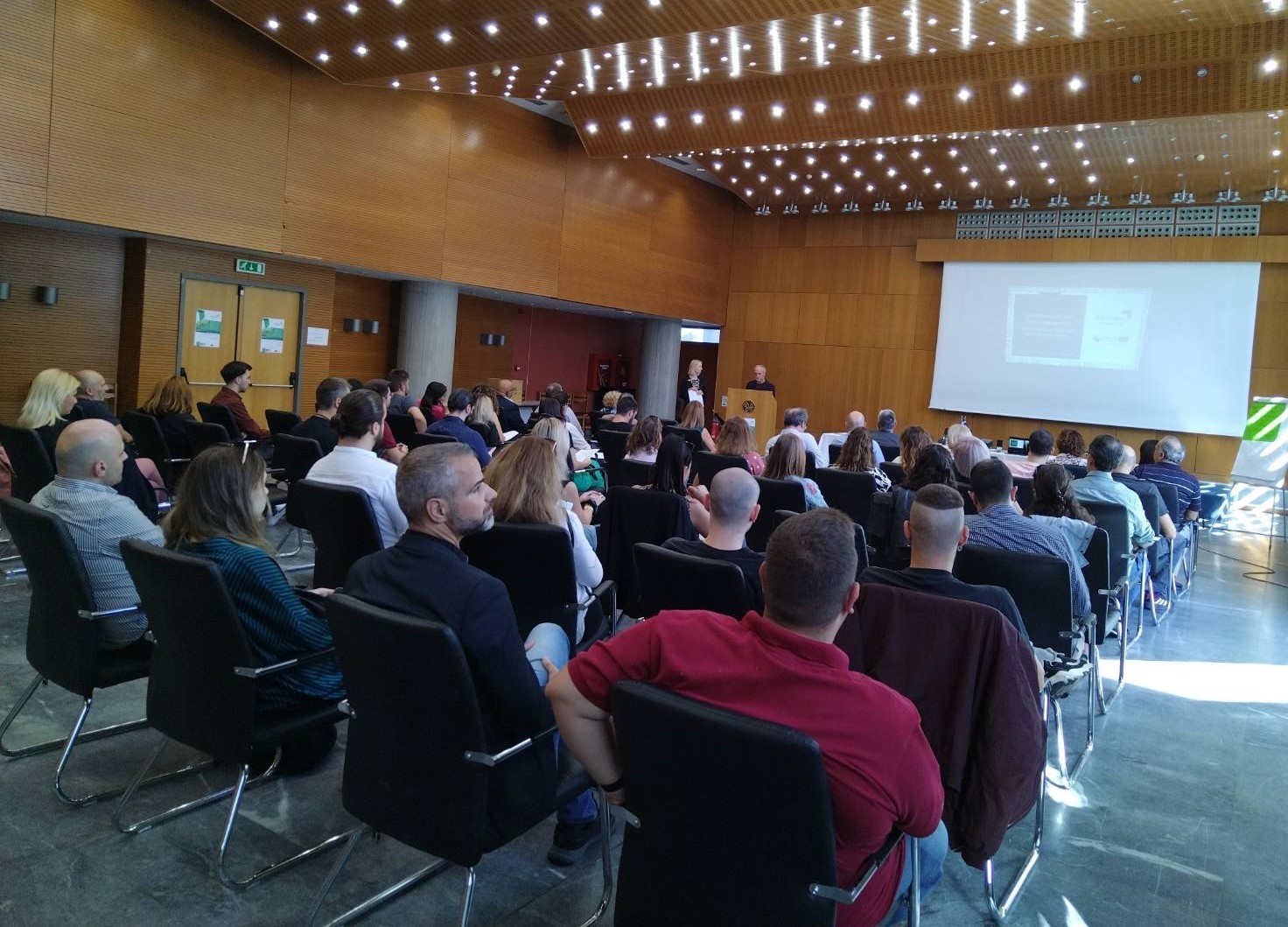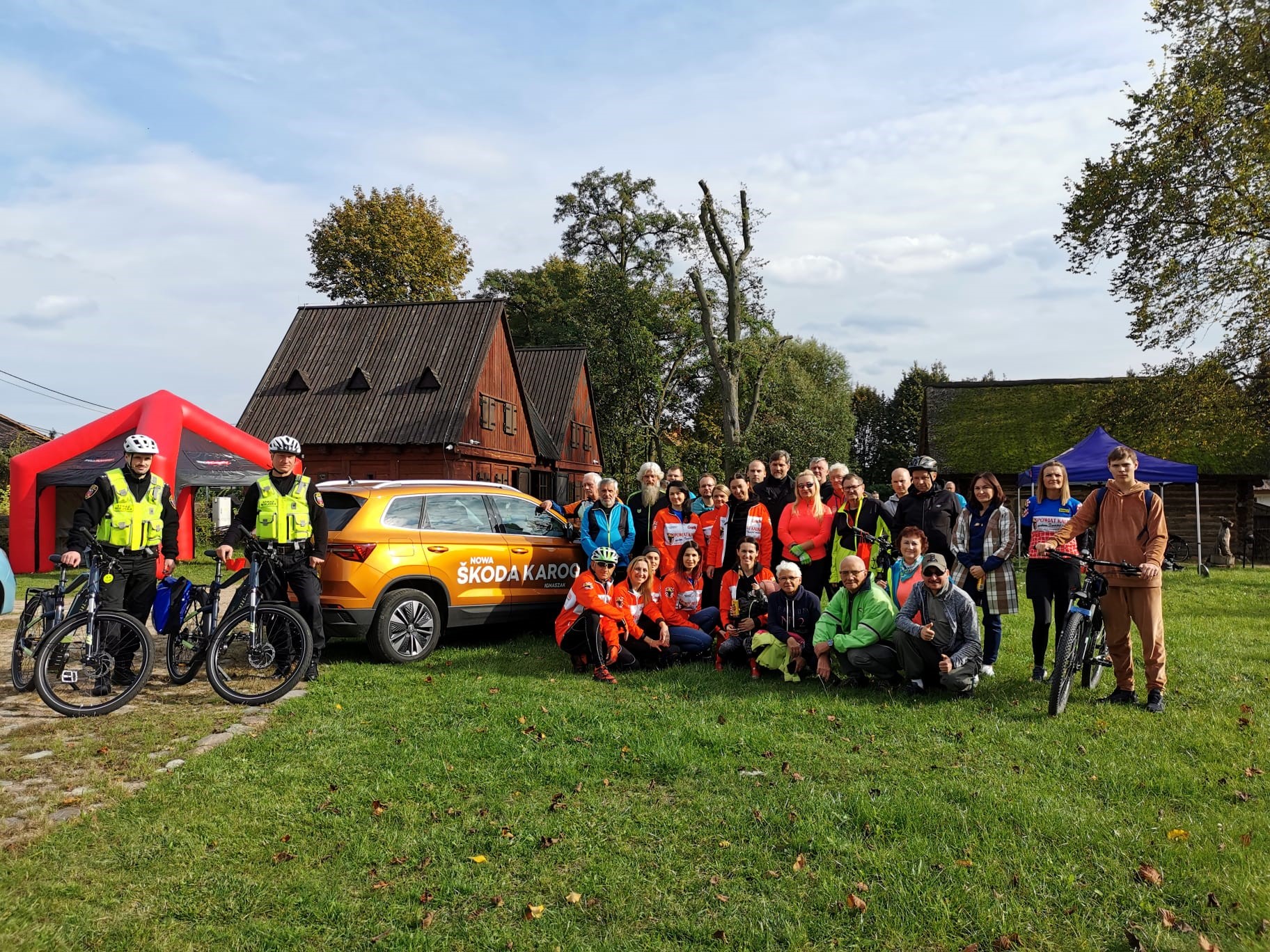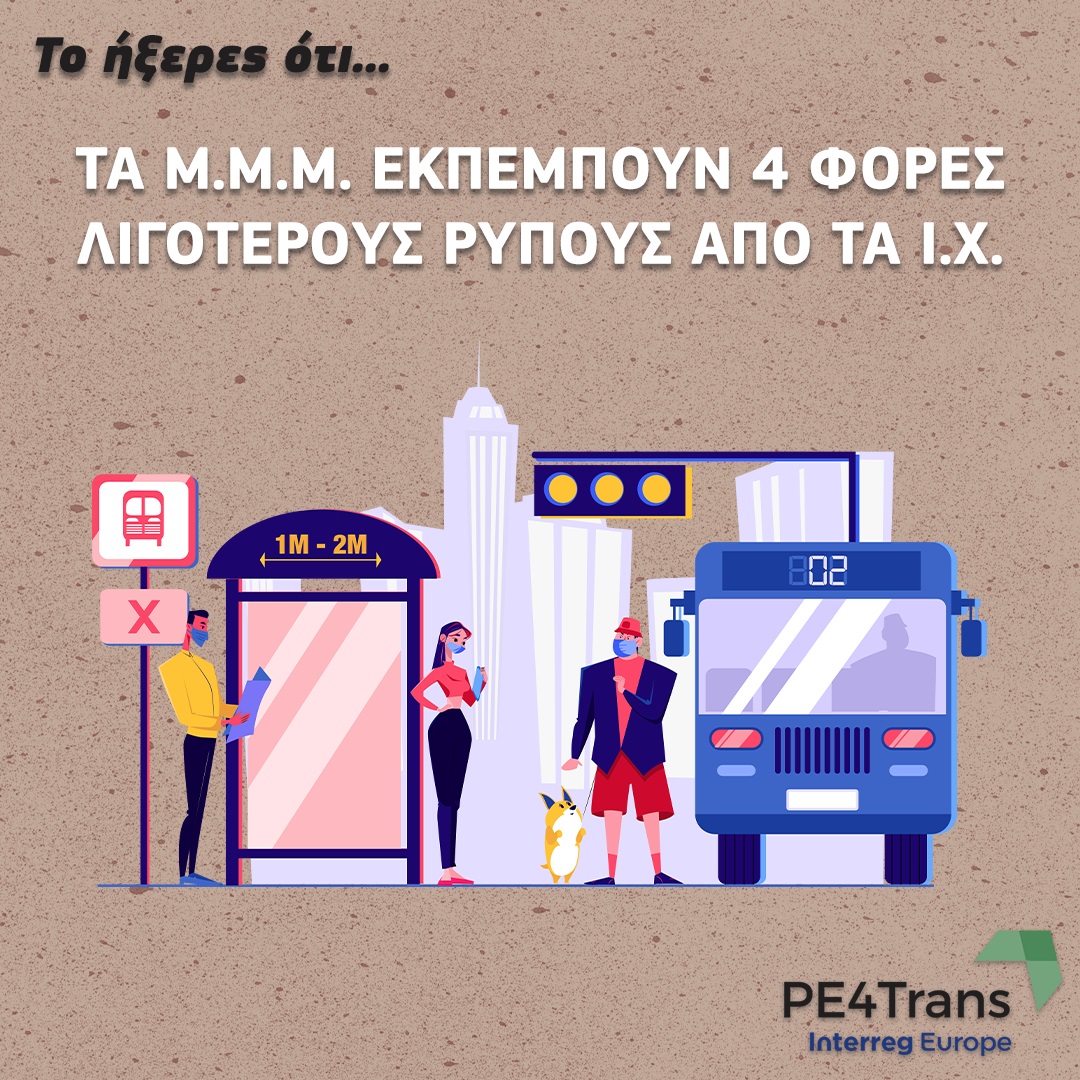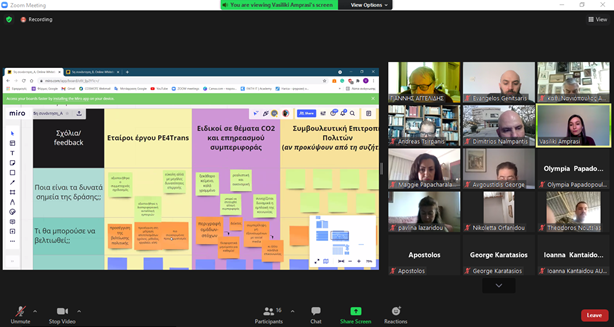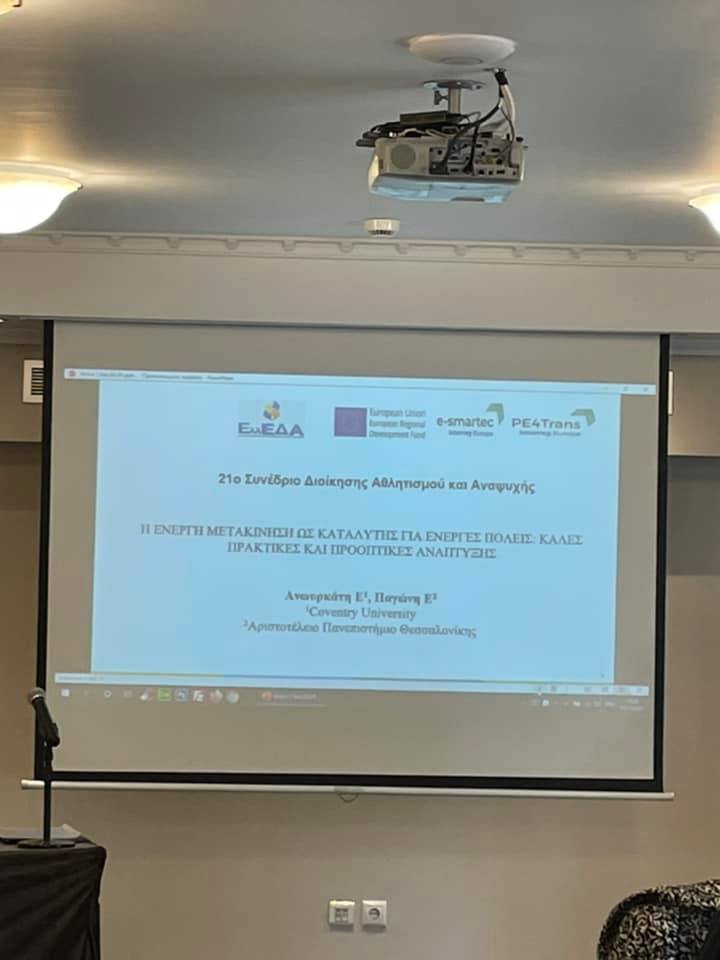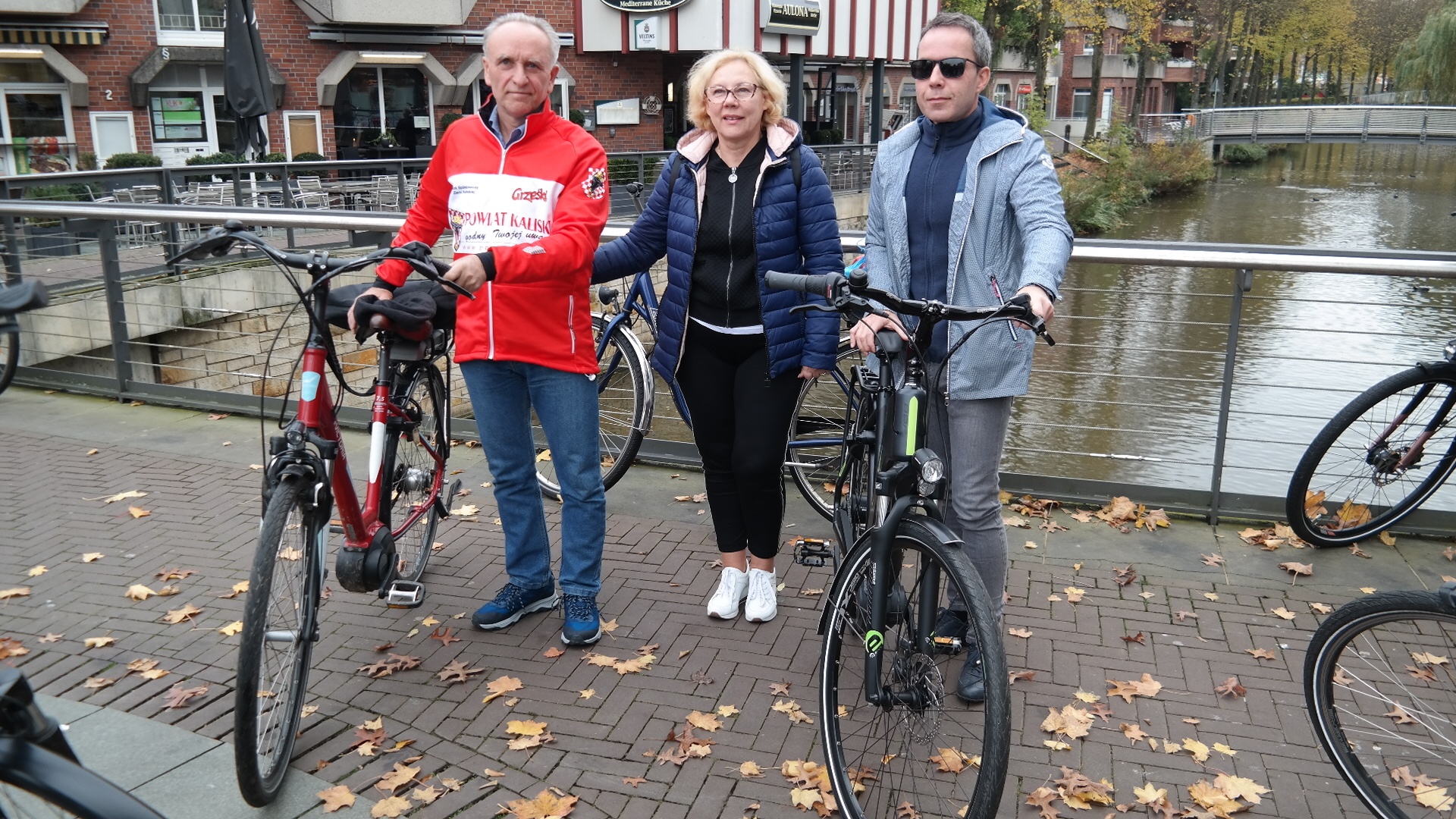As part of the ITI Strategy for the development of AKO, the Association in the AKO implements projects in the field of public transport, under which new buses have been purchased, bicycle paths, park & ride car parks or city bike stations have been planned. All this in order to reduce car traffic in cities and thus strive to reduce CO2 emissions, promote clean solutions and the fastest possible ways to get to work and school for all residents.
Public transport or cycling is the best solution when it comes to travel time, reducing traffic jams and improving the quality of life in cities. Hence so much investment in public transport infrastructure in Kalisz-Ostrów Agglomeration. However, still not enough residents decide to use it. Sustainable transport means combining different modes of communication: from walking and cycling, through car or bus to rail. All these elements should harmonize with each other for the convenience of residents.
The nearest time is a period when faster implementation of public transport solutions is able to provide a compromise between normal socio-economic life, the need for isolation and the need to behave sensibly in the face of climate change and environmental protection. Changes in citizens' transport habits and practices offer an opportunity to change the conditions of urban mobility and quality of life for all.
The Association's participation in the PE4Trans project is a complement and continuation of the activity towards sustainable public transport, urban mobility and the promotion of low emissions. Bicycle infrastructure is one of the priorities set by local governments in terms of activities to improve public transport in the region. So far, over 25 km of bicycle infrastructure has been built and thus we have exceeded the number of km planned for construction by 5 km. Several hundred "Bike & Ride" parking spaces were created. Newly created investments are promoted by an information and promotion campaign so that the inhabitants of the Agglomeration use them in everyday mobility.
The Kalisz-Ostrów Agglomeration Association, implementing the assumptions of the PE4Trans project, which is focused on increasing the efficiency of public transport and involving residents in the work on transport solutions, takes actions that entirely serve ecology (reduction of CO2 emissions), development of sustainable communities (strengthening the proactive attitude of residents ) and regional development (intelligent infrastructure investments).
One of such activities are bicycle rallies organized by the Association, which are to encourage residents to use transport in the form of a bicycle, including a city bike.
During the last 5 years, the Association's Office, in cooperation with its members and regional stakeholders, organized 62 bicycle rallies.
On September 24 this year, another "Family Bike Rally through the Kalisz-Ostrów Agglomeration along the Trail of Wooden Churches" took place. The goal was to encourage the residents of the Agglomeration to spend time actively, to choose a more ecological means of transportation on a daily basis, and thus to lead a healthier lifestyle. In addition to the recreational and sporting qualities of the rally, participants had the opportunity to learn about the history of the wooden churches along the route. The route of the rally this time was 42 km, running from the Adam Asnyk monument in Kalisz further along the Prosna river, past the Szałe reservoir then through Saczyn, Skrzatki, Godziesze Wielkie to Szwacin, where there was a short break and refreshments. Later we drove through the village of Borek and headed to Kalisz in order to end the rally at the Zawodzie Archaeological Reserve with a joint feast at a warm pea soup.
